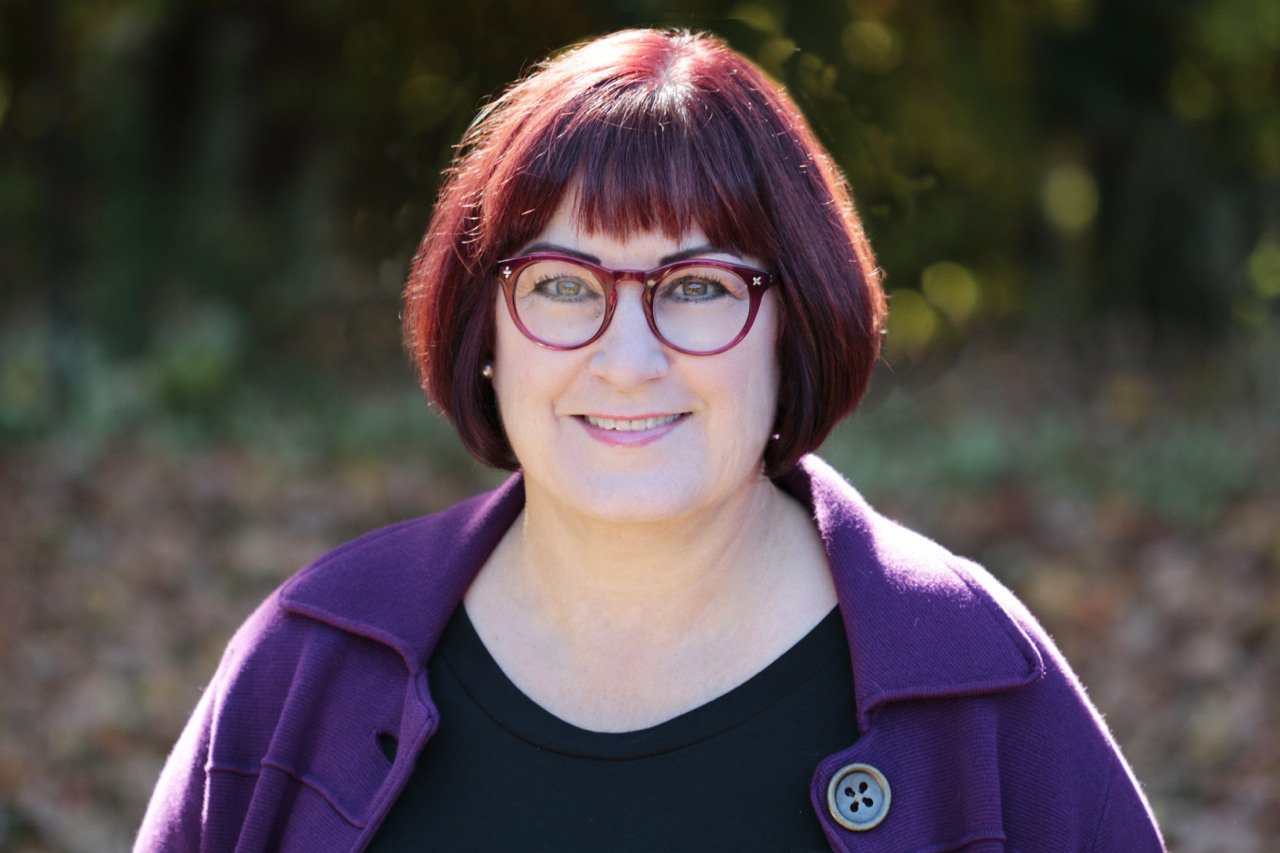A Tribute to Albert Ellis
 September 27, 2013 is the 100th anniversary of the birth of Albert Ellis, founder of Rational Emotive Behavior Therapy. REBT is an action-oriented approach for helping people manage their emotions, cognitions, and behaviors. The techniques used in REBT have been found to be helpful for people working on addiction recovery and many have been incorporated into the SMART Recovery 4-Point Program.
September 27, 2013 is the 100th anniversary of the birth of Albert Ellis, founder of Rational Emotive Behavior Therapy. REBT is an action-oriented approach for helping people manage their emotions, cognitions, and behaviors. The techniques used in REBT have been found to be helpful for people working on addiction recovery and many have been incorporated into the SMART Recovery 4-Point Program.
Dr. Ellis is generally considered to be one of the originators of the cognitive revolutionary paradigm shift in psychotherapy and the founder of cognitive-behavioral therapies. Based on a 1982 professional survey of USA and Canadian psychologists, he was considered as the second most influential psychotherapist in history (Carl Rogers ranked first in the survey; Sigmund Freud was ranked third). Prior to his death, Psychology Today described him as the “greatest living psychologist.” During his career he authored or co-authored over seventy-five books, including “When AA Doesn’t Work for You: Rational Steps to Quitting Alcohol.”
Tom Horvath, Ph.D., President of SMART Recovery, recounts (below) highlights from the memorial that was held for Albert Ellis, Ph.D. at the 2007 annual convention of the American Psychological Association. In contrast to his public reputation as a kind of “Lenny Bruce of therapy”, Ellis was remembered by many for his kindness, courage, wisdom, wit, curiosity, learning, professional contributions, and personal generosity.
David Burns, MD, author of the best-seller, Feeling Good, described how he and Ellis maintained correspondence. “Even though I belonged in another school of thought—with Aaron Beck—Ellis was generous with his time. Ellis’s work in the 50s provided the foundation for much of what we today call cognitive-behavioral therapy.” Burns said he once had presented data to Ellis on the importance of therapist empathy, at a time when Ellis emphasized getting the client to do homework, regardless of how the client felt about the therapist.
Ellis changed his views based on Burns data, an act of intellectual honesty that made a deep impression on Burns. “He was kind, gentle, and supportive to me, even though I never quite knew why.” Burns’s remarks left me with the impression that, despite a different public persona, in private with Burns or with anyone, that’s just who Albert Ellis was: kind, gentle, and supportive.
Elliott Cohen, PhD, at the Institute of Critical Thinking, suggested that Ellis was a philosophical pioneer. At a time when philosophy was dominated by logical positivism and linguistic analysis (e.g., Wittgenstein, Russell), Ellis was interested in turning the power of philosophy onto the problems of everyday life. In this regard he was similar to ancient philosophers, especially the Stoics (e.g., Epictetus, Marcus Aurelius) on whom his work was partly based. Cohen hopes that in time Ellis’s REBT will come to be understood not just as therapy but also as philosophy.
REBT emphasizes that the mind is active, not passive, that absolutist thinking is often inaccurate, and “Thought without behavior is empty; behavior without clear thinking is blind.” Participants in SMART Recovery® already appreciate Ellis as both therapist and philosopher, even though—true to Ellis’s inquiring spirit—they don’t always agree with him!
Art Freeman, PhD, psychology professor, a past president of the Association for Advancement of Behavior Therapy (now the Association for Behavioral and Cognitive Therapies), and like Burns, primarily a Beckian cognitive therapist, spoke about how Ellis helped him finish his dissertation in 1966. Freeman had everything finished except the write-up of the results, but couldn’t bring himself to complete the project. For five months he had attended a therapy group, led by a Freudian, for doctoral students unable to finish their dissertations. Although he was gaining “insight,” little was being written. He saw Ellis for six bi-weekly 30-minute sessions, and guess what? By the last session, he’d completed his dissertation!
Aaron Beck, MD, founder of cognitive therapy, was an unexpected speaker. He had published a paper in the 60s on how people think when they are depressed. Ellis called him to discuss it, and encouraged him in his work. Beck then invited Ellis to make a Grand Rounds presentation at Penn. Beck was grateful for the support. Beck noted that he had started out to get evidence in support of psychoanalysis, whereas Ellis had already realized the mistakes of psychoanalysis. Both were trained psychoanalysts, and both ended up having similar views of its efficacy.
Bill Knaus, PhD, also of the Institute of Critical Thinking, described Al Ellis the private individual as warm, cordial, responsive, and generous. Ellis deeply believed in freedom and liberty for all, and fought for them to the end. He repeatedly had the courage to take on issues that others would avoid. Ellis was deeply upset by recent events at the Albert Ellis Institute, where he was voted off of the Board of Trustees. A judge later re-instated him. Despite this conflict, Ellis believed that REBT would carry on, and helped establish REBTNetwork.org.
Gerald Corey, EdD, a psychology professor and author, noted that Al “brought psychology to the streets,” but gave credit to his predecessors. He was always ready to give a workshop. He relentlessly encouraged clients to do their homework, including exposing themselves to feared situations (PYA:“push your ass”), and to challenge their own thinking. He didn’t expect others to be like him, but he wanted them to learn from him.
Nick Cummings, PhD, a past president of the American Psychological Association and a leader in the field of brief psychotherapy, believed that Ellis used REBT on himself as much as anyone, and that he was the “tenderest, shyest” man he had known.
Debbie Joffe-Ellis, Al’s widow, noted that Al practiced what he preached. When she found herself furious over the actions of the Institute, he encouraged her to “just understand what they are thinking.” This shift allowed her to empathize. In his final months of life, he continued to be kind. She gave as an example how he spoke with one of his caregivers, who had just lost a sibling.
Alan Marlatt, PhD, a pioneer in the field of addiction treatment and relapse prevention training in particular, spoke on “Moving from 12-steps to SMART Recovery®. Many of his comments were based on information I sent him about the history of SMART Recovery®, and how Dr. Ellis has been the “patron saint” of our organization.
“Saint” may seem an incongruous concept given Al’s public persona. However, at this tribute, Al was viewed as a saint not for his language, but for his complete dedication to the well-being of his fellow human beings.
Tom Horvath, Ph.D., is a California licensed and board certified (ABPP) clinical psychologist. He is the founder and president of Practical Recovery, a non 12-step self-empowering addiction treatment system in San Diego. He is past president of the American Psychological Association’s Society of Addiction Psychology (Division 50), the world’s largest organization of addiction psychologists. He is the author of Sex, Drugs, Gambling & Chocolate: A Workbook for Overcoming Addictions (listed by the Association for Behavioral and Cognitive Therapies as a “Self-Help Book of Merit”). He has been involved with SMART Recovery since 1990, and president for over a decade.
Source: Excerpted from “News & Views”, Fall 2007




